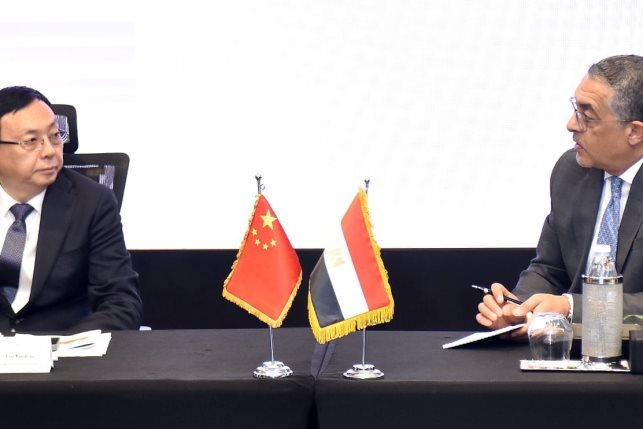CBE releases new rules and regulations for instant payment network
The CBE included new transfer limits for transactions via the IPN, with single transactions limited to EGP 50,000

The Central Bank of Egypt (CBE) released the regulations for its instant payment network (IPN) yesterday, governing the rules and responsibilities for issuing banks, payment service providers and receiving banks, including licensing, risk management, data protection, and security.
The new regulations are part of the CBE’s strategy to improve access to financial services and encourage more people to join the formal economy.
Related > Egypt’s CBE governor rated as one of world’s top 10 central bank governors
Banks looking to receive access will need to get a license from the CBE, then will need to complete the IPN’s requirements, including finish testing their IPN portals, within a maximum of 6 months, after which they will need to activate their transfer services for the IPN using internet banking and mobile banking services within a year.
The CBE included new transfer limits for transactions via the IPN, with single transactions limited to EGP 50,000 while account holders will be able to transfer EGP 60,000 daily and EGP 200,000 per month.
Based on the bank's license as a provider of electronic payment services, they may need to increase these limits if they use additional means of authentication through electronic channels.
Banks will be allowed to launch a maximum of 5 applications with approved service providers.
The new regulations is the latest move by the CBE to boost financial inclusion and reduce cash usage in the economy, with last year’s Banking Act already providing the bank with more regulatory oversight of the sector, including over e-payments and FinTech.





